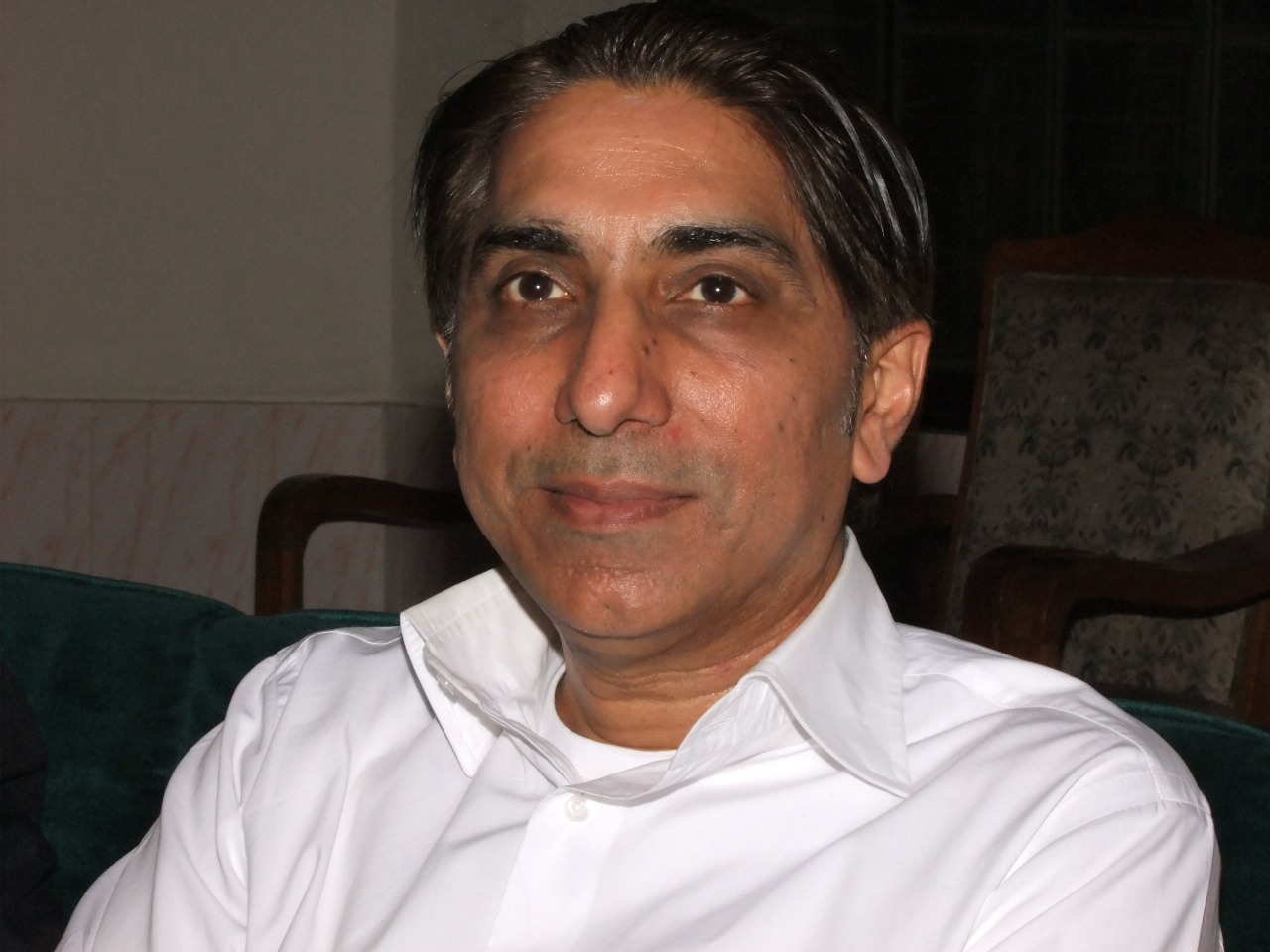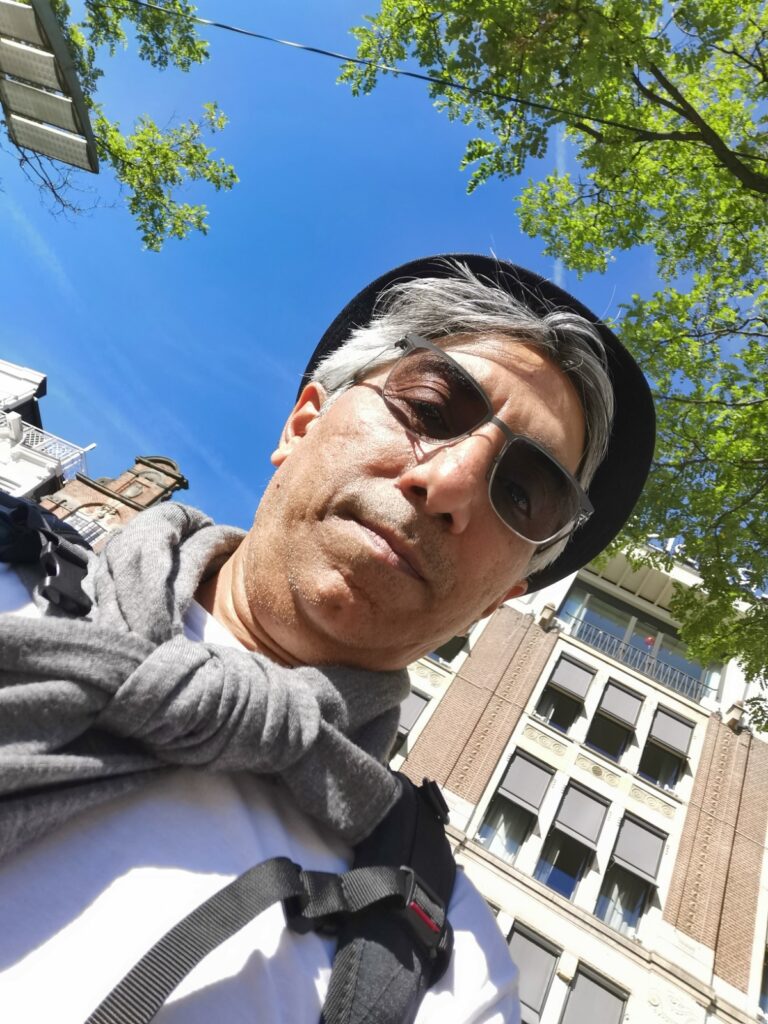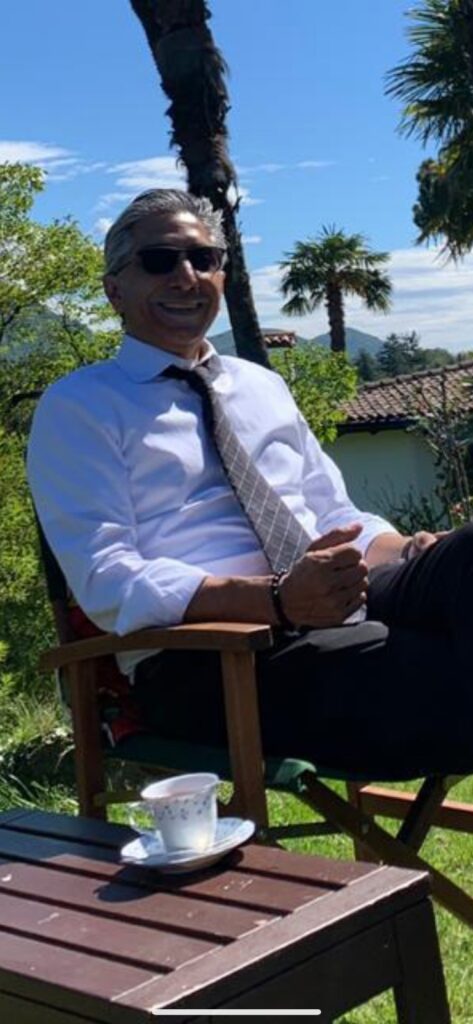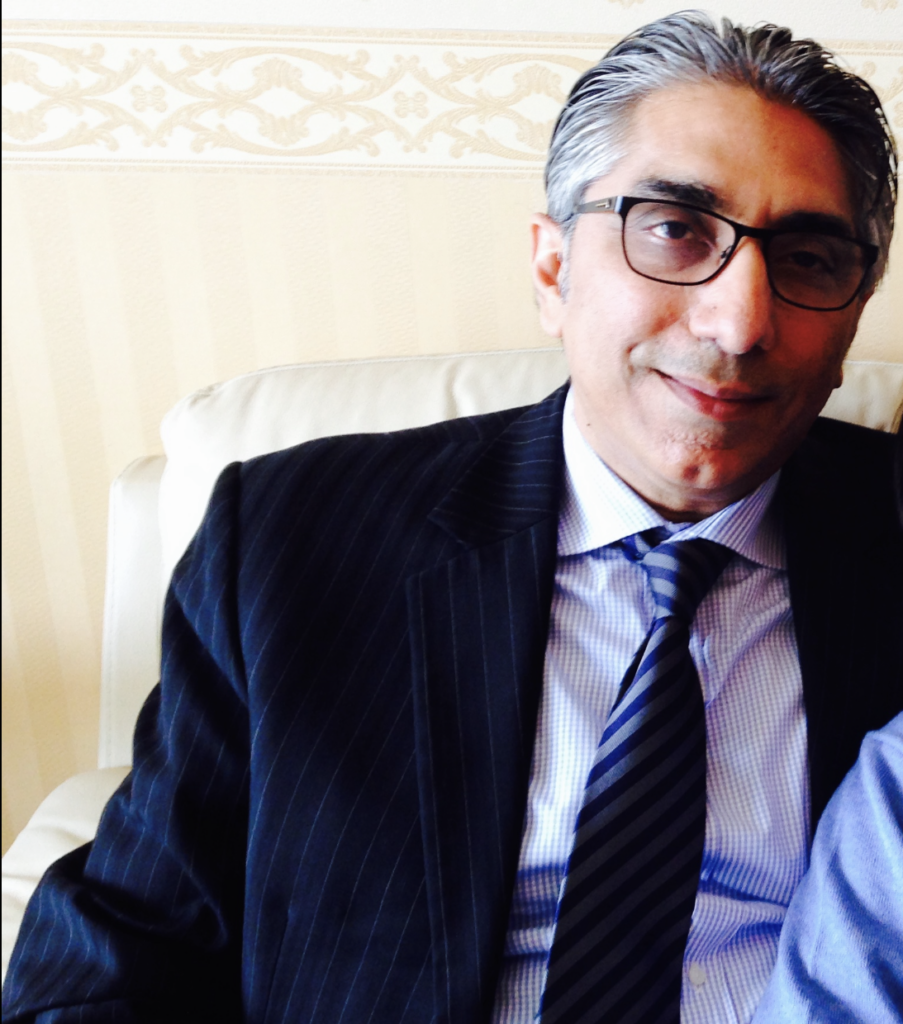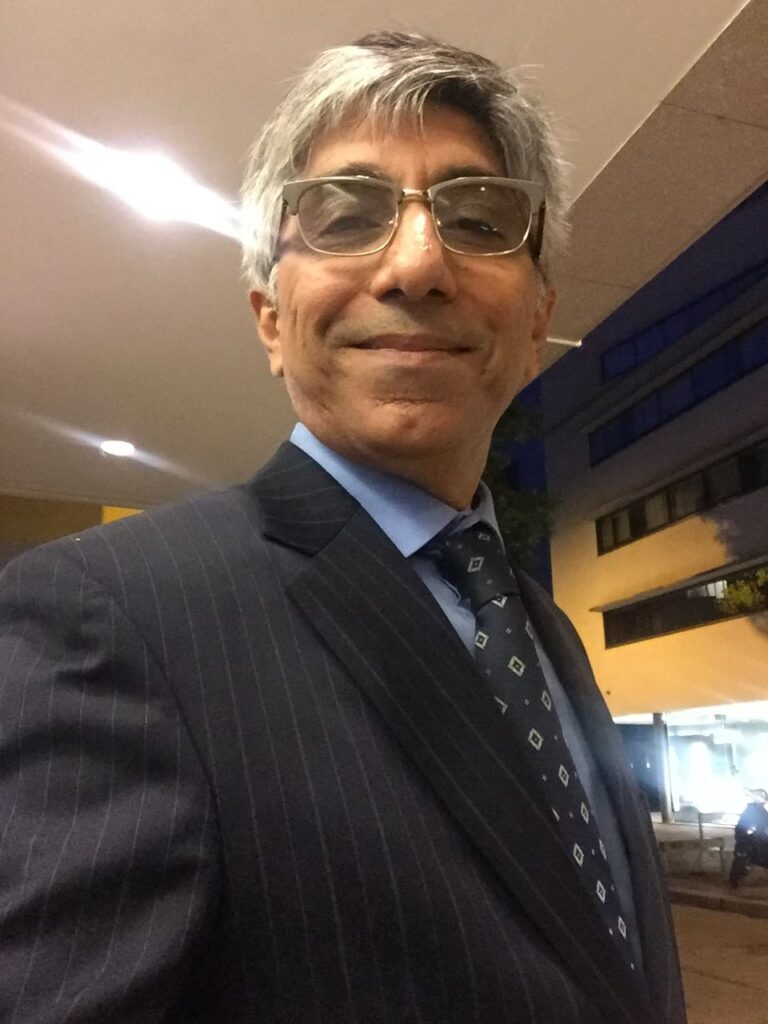In the world of international business, a great product and a solid business plan are essential, but they are often not enough to guarantee success. The true differentiator, the key that unlocks new markets and fosters lasting growth, is often the strength of your professional network. For leaders like Saleem Sattar, Director of GMG Group, strategic networking isn't just a business activity; it's a core leadership discipline.
This article delves into the critical importance of networking on the global stage, exploring the methods and mindsets that have helped Saleem Sattar, Director of GMG Group, build the relationships that underpin GMG's international presence.
More Than Just a Handshake: Networking as a Strategic Imperative
For a global conglomerate like GMG Group, with diverse interests from sports and retail to healthcare and food, success hinges on deep local insights. These insights rarely come from market reports alone. They come from people. Networking is the strategic process of building a web of trusted contacts who provide context, open doors, and offer guidance where formal rules may not exist.
The experiences of Saleem Sattar, Director of GMG Group, illustrate that in many cultures, particularly across the Middle East, Asia, and Africa, business is built on relationships first and transactions second. A strong network is your most valuable asset for navigating these environments.
Key Networking Lessons from a Global Leader
Drawing from the approach of seasoned professionals like Saleem Sattar, we can identify several pillars of effective international networking.
1. The Power of Pre-Connection: Doing Your Homework
Walking into a meeting cold is a missed opportunity. Effective networking begins long before you arrive in a new country.
The Insight: For a leader like Saleem Sattar, Director of GMG Group, preparation likely involves meticulous research. This means understanding a potential contact's professional background, their company's role in the market, and even personal interests gleaned from professional platforms like LinkedIn. This allows for initial conversations to move beyond superficial pleasantries and into meaningful dialogue, showing respect and genuine interest from the very first meeting.
2. The Currency of Trust, Not Transactions
The goal of international networking is not to immediately close a deal. The goal is to build trust. Pushing for a sale too quickly can be seen as aggressive and short-sighted, potentially damaging a promising relationship.
The Insight: The focus for leaders at GMG Group is on fostering long-term partnerships. This might involve sharing valuable market knowledge without an immediate ask, making introductions to other valuable contacts, or simply investing time in multiple conversations to understand a partner's challenges and goals. This patient, investment-minded approach builds a foundation of credibility and goodwill that pays dividends far greater than any single transaction.
3. Mastering the Cultural Context of Connection
How you network is as important as why. Cultural intelligence dictates everything from appropriate greeting customs (handshake, bow, etc.) to communication style and the setting of meetings.
The Insight: A meeting for Saleem Sattar, Director of GMG Group, in Germany might be highly structured and agenda-driven, while a networking opportunity in Southeast Asia might prioritize a more informal relationship-building conversation over a meal. Understanding these nuances—the importance of hierarchy, the formality of gift-giving, or the value of sharing a coffee—is essential for making authentic connections that resonate locally.
4. The Follow-Through: Nurturing the Network
The most common networking mistake is to collect a business card and never follow up. A network is a living ecosystem that requires nurturing.
The Insight: Effective global leaders are diligent about following up after initial meetings with a personalized message referencing their conversation. More importantly, they maintain the connection. This could be through occasional check-in emails, sharing relevant articles, or congratulating contacts on professional milestones. This consistent engagement ensures that when the time comes to explore a new venture or navigate a challenge, the relationship is warm and active.
Conclusion: The Network as a Strategic Asset
For visionary leaders like Saleem Sattar, Director of GMG Group, a robust international network is more than a rolodex of contacts; it is a strategic asset. It provides early market intelligence, offers crucial advice during challenges, creates opportunities for strategic partnerships, and ultimately, accelerates sustainable growth in new and complex environments.
In the end, while logistics, finance, and strategy are the engines of international business, it is human connection—forged through thoughtful, respectful, and strategic networking—that paves the road to global success.
